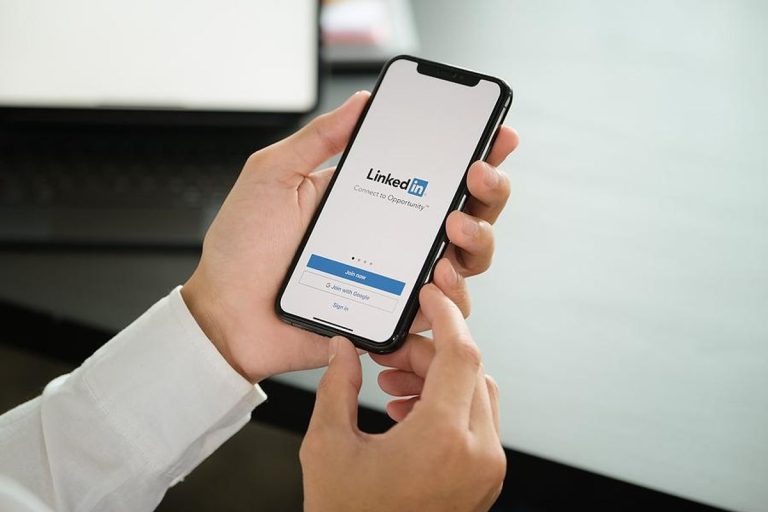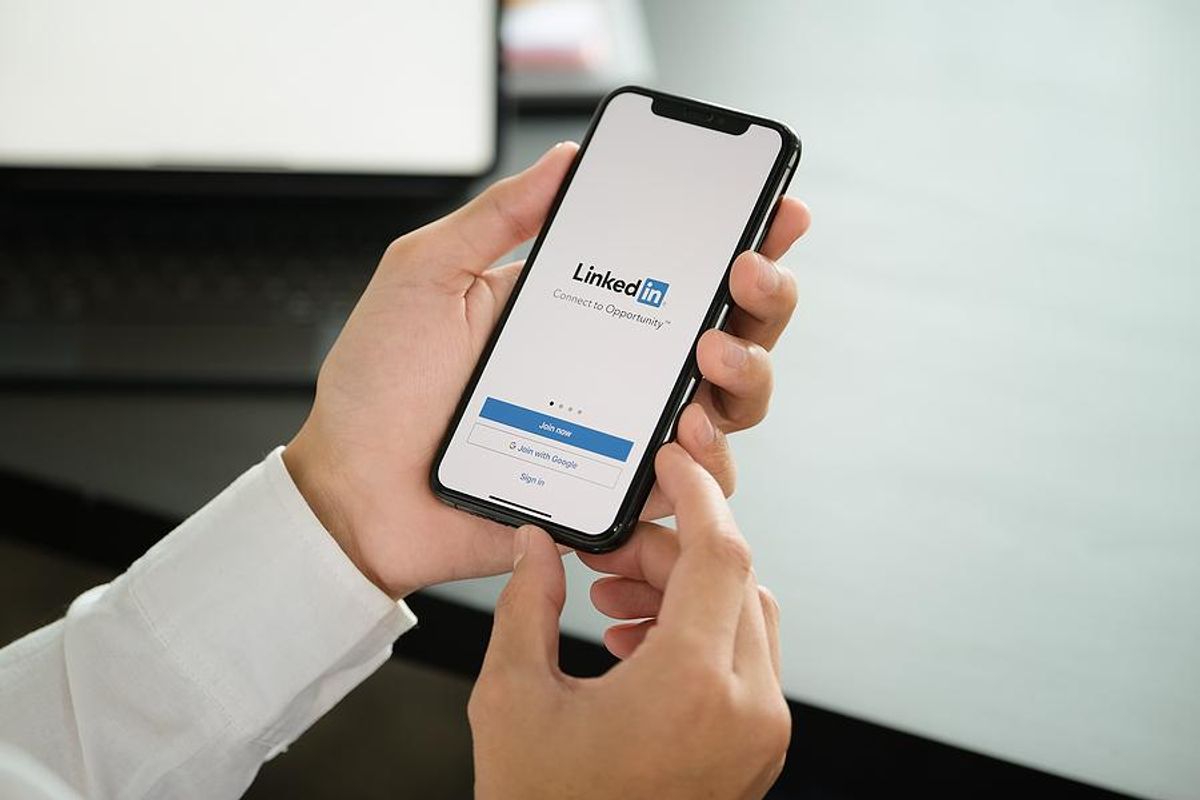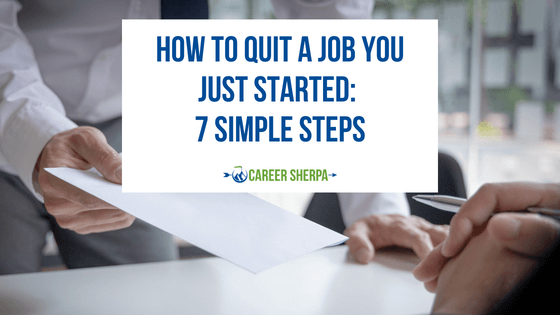7 Things That May Surprise You About The Job Search Process

Unless you’ve been really lucky, you’ve probably discovered this simple fact about the job search process: it’s not easy.
The process is littered with ups and downs, small victories, and brutal defeats. By the time you achieve the ultimate victoryâlanding a great jobâyou’re both physically and emotionally exhausted.
As difficult as the job search process may be, the lessons that you learn from it will come in handy if you ever find yourself on the job market again. Some of those lessons may actually catch you by surprise.
We’ll make the job search process a little easier for you (or at least mentally prepare you) and tackle some of those surprises now.
Wow! There Are Many Ways To Find A Job
Wow is right.
In a simpler time, a long time ago (in a galaxy far, far away), one would just read the classifieds section of the newspaper to see what was available for employment.
Today, while the classifieds still exist (they’re online), there are a large number of online job websites that specialize in job searches from all over the country and world.
Websites like Indeed, Monster, Glassdoor, LinkedIn, and Craigslist are some of the most well-known job boards but there are many others, including some that may be tailored for individual states, regions, and professions.
The number of choices can be very overwhelming, especially if you haven’t been involved in a job search recently.
The best thing to do is explore multiple websites to see which ones align best with your needs. Also, seek counsel from friends and colleagues who have been through the process to hear about their experiences with the various websites.
While these websites are a good resource for seeing what’s available for jobs, it’s important to not over-rely on them. If you’ve identified some companies you want to work for, conduct a proactive job search and make personal connections via networking. Don’t rely solely on the online job board to express interest and submit your application.
There Are A Lot Of Ways To Write A Resume

You haven’t updated your resume in a while and want to see what the latest formats look like, so you type “resume format” or “resume template” into your online search engine. All of a sudden, you’re presented with another overwhelming amount of choices.
Seeking resume guidance online is like trying to self-diagnose yourself by using a medical websiteâyou sometimes get more than you bargained for.
When working on your resume, it’s important to initially focus more on the content, which will eventually allow the format to fall into place.
It’s also important to realize that there isn’t a “one-size-fits-all” resume, as each resume should be tailored to the job for which you’re applying. You want to make sure that your relevant skills and accomplishments that would translate to this new job are at the top of the resume. A recruiter should be able to see these transferable skills within the first six seconds of reviewing your resume.
Work It Daily has multiple resume resources, including a resume review by our career coaches.
The Thought Of Personal Branding May Make You Panic

Resumes and cover letters are not enough anymore. At Work It Daily, we like to say that you’re a “business-of-one,” and personal branding is a big part of that.
Personal branding may seem overwhelming if you’ve never thought about it before, but it’s really not that bad. Think back to when you were preparing your resume. Think about what type of career you’re seeking and think about the type of skills that you have that translate to that industry. Think about what really makes you stand out.
Once you’ve determined this, share it with the world. Use LinkedIn and social media to your advantage.
Your goal is to let people know what you’re up to professionally at all times. That way your professional network will be aware of what your personal brand is, which could turn into referrals whenever you’re on the job market.
If you worry that you lack a personal branding strategy, don’t panic. Take your time, put some thought into it, and consult with colleagues and mentors. Everyone has a personal brand; it’s just a matter of putting everything together and executing it.
There’s More Than One Way To Do A Job Interview

Phone, video, and group interviews are all becoming more common. No matter what type of interview you’re a part of, the key is always preparation.
Treat every interview the same. Prepare answers to all the common interview questions the interviewer could ask and do your research on the company before the interview. Prepare questions for the interviewer so they know you’re interested and have done your research. Also, be sure to dress professionally (more on that in a minute).
Most people are familiar with the in-person interview and, while it can be nerve-racking, it’s also familiar. There’s comfort in familiarity. It’s those types of interviews you’re not as familiar with that can be the most intimidating to prepare for.
Of all these different types of interviews, you’ll most likely experience the phone interview, where you’re interviewing just for the chance to be invited to an in-person interview. That in itself is a lot of pressure, but when you’re doing a phone interview you also lose the advantage of certain social cues.
During an in-person interview, you’re able to make eye contact with the interviewer and are better able to convey enthusiasm and emphasis. You’re also able to look at the interviewer and attempt to gauge their reactions.
Phone interviews also move a lot quicker than in-person interviews. You get less time to get your points across. Even though all interviews carry with them some level of stress, the condensed timeline and impersonal nature of the phone interview make it one of the trickiest interviews to go through.
You’ll Obsess Over What To Wear To Your In-Person Interview

It’s true, you will…and that’s okay!
You want to dress for success and the interview is your chance to make a first impression. Deciding how to dress goes back to your company research. You want to determine what the company’s culture is and then dress one level above it.
For example, if the company is very casual, show up to the interview in business casual attire.
You may already have the perfect outfit or you may spend some time in front of the mirror changing outfits. It’s okay to be picky, just as long as the outfit you choose matches the company culture. Make sure your shirt is ironed and your shoes are clean.
And, if you bought new clothes for the interview, make sure to take all the tags off!
You Can Have A Great Interview And Still Not Get The Job

There are times when you may know immediately that you didn’t get the job. You weren’t as prepared as you needed to be or the position just wasn’t a good fit. While no one wants to have a bad interview, sometimes it’s easier to mentally accept, particularly if you’re able to pinpoint where it went wrong and apply the lessons moving forward.
But, what if you did everything right? What if you left the interview feeling like you crushed it and that the job was in the bag, only to later learn that you didn’t get the job?
It could be that you did, in fact, have a very awesome interview, but the mistake that you made was assuming that you would automatically get the job because of it.
When employers say they had many qualified candidates apply for the job, it’s not just lip service. Chances are they had a tough choice to make and, while you gave it a good effort, there was just another candidate that was a better fit for the position.
It can be a major blow the first time this happens to you. Let it humble you but don’t let it deter you. Build on the things you did well and do an honest self-assessment and fine-tune the things that you can do better.
Make sure to thank the interviewer for the opportunity and continue to express interest in the position. There’s always a chance they could come back to you at some point in the future.
Salary Is Important But May Not Be Everything

A lot of people change jobs to get a better salary, while many others do so because they’re not happy in their current jobs. Whatever the reason, salary still remains a crucial component. It’s important to do your research on the average salary for the type of position you’re pursuing in your geographical area.
However, as you go through the job search process, your stance on salary may change. You may like a company’s work-life balance and benefits package so much that you’re willing to take a cut in salary. There may also be cases where the demands of a job are more than anticipated and you need to up your salary requirements. Individual circumstances also play a major role in salary negotiations.
When it’s time to negotiate salary, be flexible. Don’t short-change yourself but also understand your priorities. Salary is an important part of the equation but you also need to factor in everything you’ve learned about this position during the search process to make a well-informed decision.
One thing is for certain when it comes to the job search process: you learn a lot along the way!
Need more help with your job search?
We’d love it if you signed up for Work It Daily’s Event Subscription! Get your career questions answered in our next live event!
This article was originally published at an earlier date.









































